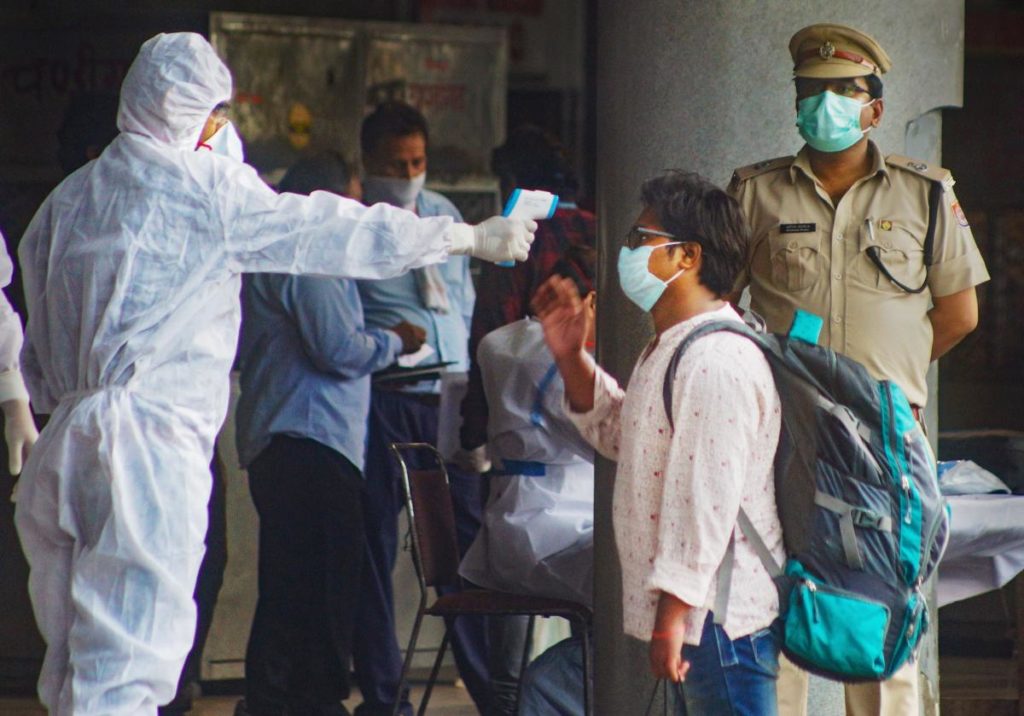Delhi on Friday reported its highest single-day coronavirus count of 3,137 new cases which took its grand total past the 50,000-mark. The national capital that has been grappling with huge daily surge in the number of cases has logged over 30,000 cases since June 1.
Delhi has a total of 53,116 coronavirus cases out of which 27,512 are active. With the addition of 66, the deaths count has reached 2,035.
23,569 people have been cured of the disease.
On Thursday also, Delhi had recorded the biggest single-day jump in the number of coronavirus infections, logging 2,877 new cases and taking the state’s tally to 49,979. A total of 21,341 patients had recovered and 1,969 patients had died, the state government had said, adding a record 3,884 patients recovered in 24 hours.
Delhi has been reporting over 2,000 daily cases for several days. This is the first time that the tally has crossed 3,000.
The rapidly rising coronavirus total has posed a serious logistical challenge for the Delhi government – arranging hospital beds for residents and those who come from outside for treatment. It has temporarily hired several hotels and is turning them into treatment and isolation facilities.
The Delhi government has also fixed the testing rate – Rs 2,400 – to make it more affordable for people.
Delhi Lieutenant Governor Anil Baijal on Friday held the home quarantine responsible for the sudden spurt of coronavirus cases in the national capital and made five-day institutional isolation mandatory for those tested positive.
“Delhi is reviewed regularly in the Ministry of Home Affairs and it was observed that ‘Home Isolation’ without physical contact to monitor the patients may be a reason for increase in spread of increase in COVID-19 infections in Delhi,” Mr Baijal said in a letter to Delhi Chief Minister Arvind Kejriwal and top officials of the Delhi government.
He directed the authorities to conduct physical surveillance of those in self-quarantine.
“Mandatory physical verification of each case under home isolation is to be carried out by the Surveillance teams of the District Surveillance officers under overall supervision of the District Magistrate,” he added.
The Delhi government responded sharply to the centre’s decision, pointing out shortage of doctors, nurses and space to set up huge quarantine facilities.

